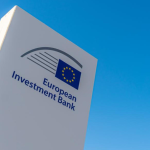Innovation hubs and their economic impact
Kenya’s innovation hubs drive job creation, startup growth, digital inclusion, and investment, aligning with national goals like Vision 2030. They boost entrepreneurship but face challenges like funding and urban pressures.







